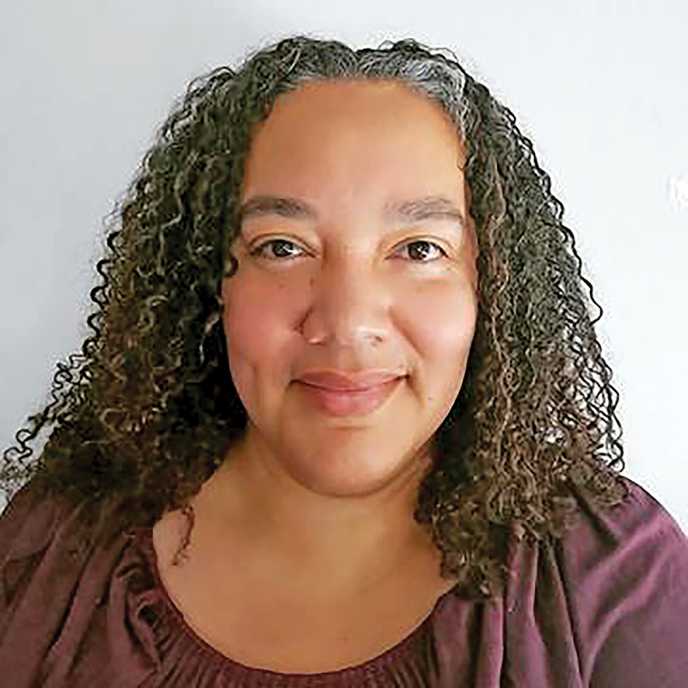Operation Dudula, like many other social movements in the country, brings to the fore the vast, seemingly insurmountable obstacles we face in living lives of and with dignity in South Africa.
They respond to the question: “How do we uphold the value of life, no matter race, creed, nationality, or religion when we as South Africans are annihilated on the throne of a hereto patriarchal, capitalist democratic state that has lost favour among those who matter – the people?”
Listening closely to the rhetoric from the face of Operation Dudula, Nhlanhla Lux Dlamini, one hears the lion roaring, and like so many before him, he uses hyper-masculine and performative tropes of protector, provider, hustler, and gangster as swirling metaphors tempered by “the rule of law” to assert that South Africa is for South Africans.
Using unsubstantiated claims that pit illegal foreigners against locals, the messiness and complex contextual nature of the criminal activity, range of crimes, and the identity of perpetrators are reduced to legality or illegality of citizenship. Yet statistics do not support the suggestion that crime is being driven by illegal foreigners – the majority of our male prison population is South African.
While the existence of Operation Dudula is becoming a sustained and vocal threat to the veneer of “business as usual” in the country and to the lives of non-nationals, there are seeds of potential cast among the operation’s challenges.
However, this potential will be wasted and destroyed if we do not recognise and collectively respond to the inter-related and inter-dependent nature of South Africa’s contemporary state of affairs; power inherent in an active citizenry that understands that I am my brothers’ and sisters’ keeper, irrespective of socially constructed, performed and maintained markers of difference, and collective psychological and emotional trauma that undergird our interactions with each other, and “the other”.
Our xenophobic responses to perceived and real threats in South Africa over the past two decades confirm that stereotyping and scapegoating are part of rudimentary attempts to eradicate these threats to self, and to effectively disarm them. However, history also shows that annihilation of the other does not secure one’s self.
Instead, the sublimation and vanquishing of the other has detrimental effects on thinking and feeling human beings whose righteous logic of “being right” cannot withstand the internal reckoning that will come from annihilating another. As Hemphill states “… each death and each riot activate another memory of another life lost without justice or reason; this is how trauma unhealed haunts and accumulates, re-emerging and reanimating the body. It does not disappear.”
We are a country in trouble. We are a world troubled. And if we are to survive this as a collective, we will have to critically question and consciously resist years of indoctrination and socialisation that assert that “might is right”, and that fighting and going to war (on local and on foreign soil) is a righteous endeavour if one does so to protect the sovereignty of land, borders, bodies, and ideologies.
The revolution will not be televised, for it is an internal one. We have no map to chart the way forward as old-world orders dissolve and as humans continue to live desperate lives separated from the life-giving forces of nature and the divine feminine.
Moving forward, those residents in South Africa will have to fashion new social compacts that uphold the sovereignty of individuals and their right to a dignified life, supported by collective and individual interventions that supersede the state. Ordinary citizens will have to free themselves from mental shackles as they actively reroot and reroute themselves in ancient philosophies and ways of being that extends beyond one originary myth.
We will have to trust and grow the potential that exists within an uncertain world and trust the humanness within self and others to guide us to each other. We need to serve life and make our country and “the world safe for human differences”.
- Professor Owen is head of the department of anthropology at the University of the Free State.
Follow @SundayWorldZA on Twitter@sundayworldza on Instagram, or like our Facebook Page, Sunday World, by clicking here for the latest breaking news in South Africa. To Subscribe to Sunday World, click here.



